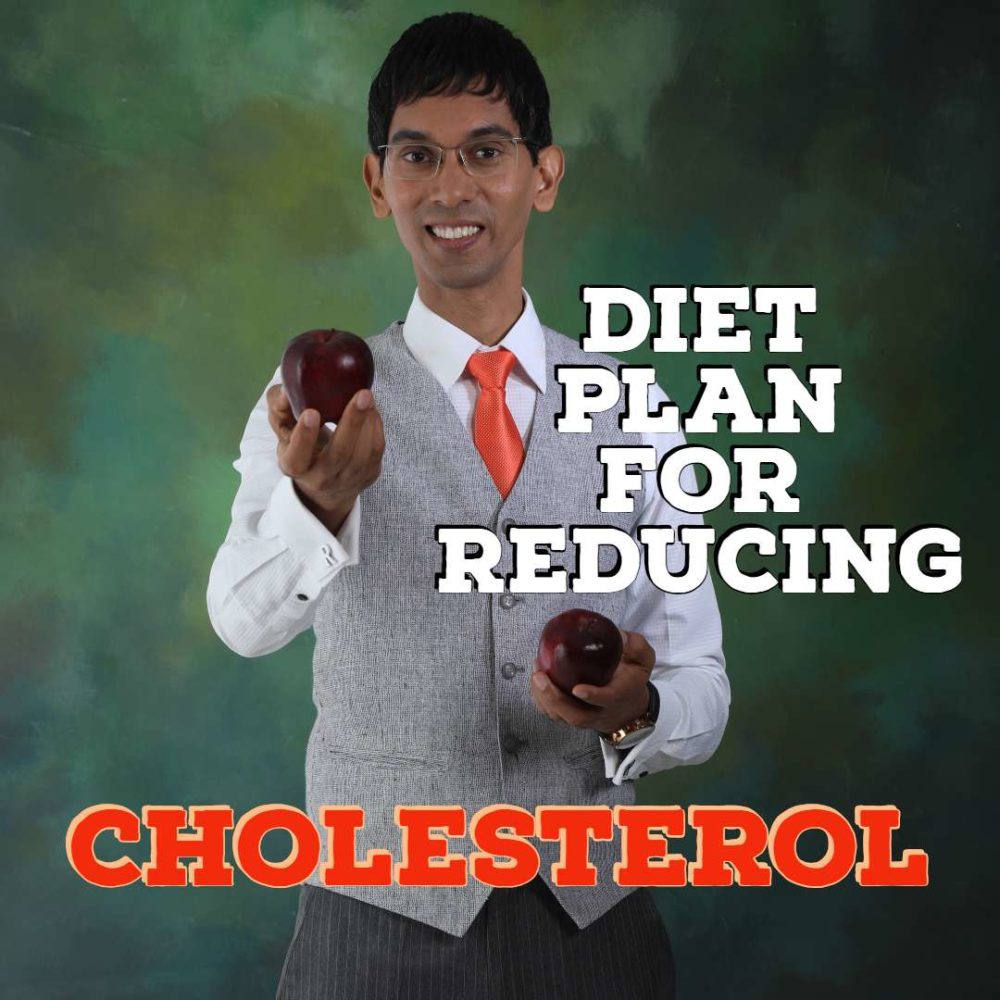Explained: Inflammation & Effects

2024-02-26 08:24:34
Infectious diseases like influenza and tuberculosis began to drop about a few decades ago as countries grew more industrialized and we became more advanced. In their place, we’ve seen a tremendous rise in diseases like metabolic disorders, heart issues, diabetes, and a slew of others, all of which are thought to be linked to modern lifestyles.
Inflammation is a major factor in the increased risk of developing these “lifestyle diseases.” Inflammation is normally how we combat illness and injuries. When our immune system, which controls inflammation, becomes overactive, problems arise.
Let’s look at why this might happen.
# Acute Inflammation

When the body perceives a threat, such as an injury, it creates pro-inflammatory molecules in the affected area, resulting in redness, discomfort, and swelling.
These substances then coordinate the entire process of combating the threat, such as summoning and stimulating immune cells to the inflammatory location. In the event of a wound, they would signal platelets to start forming blood clots to stop the bleeding. Their activity also permits white blood cells travelling through the bloodstream to detect and reach the site of injury.
Anti-inflammatory substances are created when the threat has passed, causing the inflammation to diminish and everything to return to normal.
This is referred to as acute inflammation. Regrettably, this does not always work as intended.
# Chronic Inflammation

Unbalanced meals and other lifestyle factors might cause an abnormal increase in pro-inflammatory chemicals in various regions of the body.
As a response, immune cells are continually dispatched to inflammatory areas. These cells, which are continually accumulating in various human tissues, produce even more pro-inflammatory substances, such as free radicals, which harm both cells and pathogens.
Blockages are caused by the accumulation of compounds & cells, as well as the thickening and reddening of tissue. Stress weakens your body over time.
Chronic inflammation, also known as malflammation, is a low-level cycle of persistent inflammation.
# Inflammation Induce Disease

Chronic inflammation produces a variety of difficulties on a daily basis, such as hair loss from inflammation of the hair follicle, but it can also leads to major diseases.
Arthritis, obesity, cancer, diabetes, asthma, heart disease, alzheimer’s disease, allergies and inflammatory bowel disease have all been related to chronic inflammation.
Many malignancies develop as a result of chronic inflammation and irritation. Inflammatory cells are now known to play a significant role in tumour genesis and progression. However, we are still a long way from fully comprehending how this occurs.
# What Causes Chronic Inflammation

Pro-inflammatory responses are boosted by omega-6 fatty acids. Although we need a certain quantity of Omega-6, too much of it is a problem.
Worse, our diet is deficient in Omega-3 fatty acids, which are responsible for the production of anti-inflammatory chemicals.
The overflow of pro-inflammatory chemicals is caused by an imbalance in the Omega-6:Omega-3 ratio.
The number of cells that mediate inflammation in the blood can be a good sign of overall health. That’s why a blood test, a complete blood count (CBC), and testing for additional pro-inflammatory substances are frequently requested by clinicians.
Obese people have greater inflammation indicators, which are decreased after they lose weight, according to studies. Obesity is now thought to represent a low-grade inflammatory condition.
Insulin resistance, which causes type II diabetes, is caused by several tiny proteins produced by the inflammatory response. Insulin resistance may be influenced by the free radicals produced during inflammation. As a result, patients with rheumatoid arthritis are more likely to develop type 2 diabetes.
Obesity is linked to poor nutrition and inactivity, although both have been shown to promote inflammation on their own.
Studies are also establishing a relationship between inflammation, anxiety, stress, and depression.
# How To Reduce Chronic Inflammation

Inflammation is linked to refined oils & grains, alcoholic beverages, sugary diets, and foods high in harmful fats from processed and fast foods.
Eating a healthy, balanced diet is so important because it includes molecules that function as antioxidants and lessen inflammation. Seafood, legumes, fruits, vegetables, and whole grains are all linked to reduced inflammation. Carotenoids, Vitamin E, and Vitamin C, for example, have been proven to reduce the level of inflammatory markers in the blood.
Omega-3 fatty acids can be found in avocados, seeds, fatty fish, almonds, and other foods. Along with consuming more of them, it’s also necessary to cut back on Omega-6 fatty acids to keep the ratio in check.
Spices that are good for you can also aid. Curcumin from turmeric, for example, has a long history of supporting a healthy immune response while simultaneously acting as an antioxidant.
# Few Tips
A] Practice Portion Control
Even if you’re a foodie, eat in portions that don’t go overboard; studies have shown that minimising energy consumption is crucial to reducing inflammation.
B] Physical Activity
Heart disease risk can be reduced by as little as one hour of walking every week. According to one study, women who exercised for 7 or more hours each week had a decreased risk of breast cancer. The amount of exercise required to make a difference is determined by how good your food is and how you respond to it.
C] Sleep Health
Sleep is required for the body to restore itself. Sleep deprivation is linked to greater inflammation.
You may minimize inflammation and associated difficulties with these modifications, leading to a better, happier life!
Consult an expert nutritionist on my team at +91-9743430000 who can help you understand and identify foods that work best with your body and help you achieve your health goals.
Ryan Fernando is an Award-winning celebrity Sports Nutritionist with 2 GUINNESS world records and 2 Olympic medals under his belt. His client list includes Olympic wrestler Sushil Kumar, cricketer Shikhar Dhawan and Bollywood superstars Aamir Khan & Abhishek Bachchan. He is the Chief Nutritionist at QUA Nutrition Signature Clinics.




